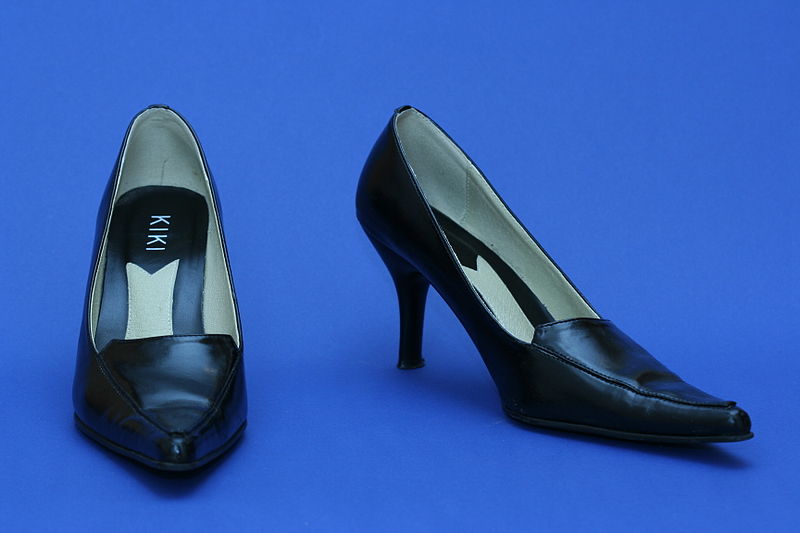As Jezebel reports, Foxwoods Resort Casinos is requiring its hundreds of cocktail waitresses to wear high heels – – – maybe. It did rescind its mandatory 2 inch heel requirement in favor of polishable black shoes that are subject to approval: “That’s code for ‘we get to decide if it’s sexy enough.'”
Presumably, male cocktail servers — there must be some? — were never covered by the 2 inch heel policy and perhaps they do not need to have their polishable black shoes approved. Such a sex-disparate dress code might not be acceptable in Sweden, but has been upheld in the United States. One of the most famous cases upholding a sex-disparate dress code also involved casinos; not Foxwoods, but Harrah’s.
In Jespersen v. Harrah’s Operating Company, Inc., the en banc Ninth Circuit considered Harrah’s policy that required that women’s hair “must be teased, curled, or styled “ and “worn down,” and that for women, “Make up (face powder, blush and mascara) must be worn and applied neatly in complimentary colors. Lip color must be worn at all times.” On the contrary, the policy provided that for men, “Eye and facial makeup is not permitted,” as well as mandating that hair must not extend below the top of the shirt collar. The court rejected Jespersen’s argument that wearing make-up did impede her authority over rowdy patrons. Instead, the court stated that “Harrah’s grooming standards do not require Jespersen to conform to a stereotypical image that would objectively impede her ability to perform her job requirements as a bartender.” The 1996 opinion concluded that Title VII, the federal civil rights statute prohibiting sex discrimination, was not violated by the sex-disparate dress codes.
Implicit in this finding, as in so many cases of private employment involving dress and grooming codes, is the notion that it is employers – – – rather than employees – – – that have constitutional rights. The employers’ rights require it to be free from government (over)regulation.
Thus, the employees’ reported choice to unionize and bargain for conditions of work, including shoes, is a particularly wise one. And if a particular pair of low heeled shoes prove not sufficient for carrying drinks, there would be a grievance.
[image via]

